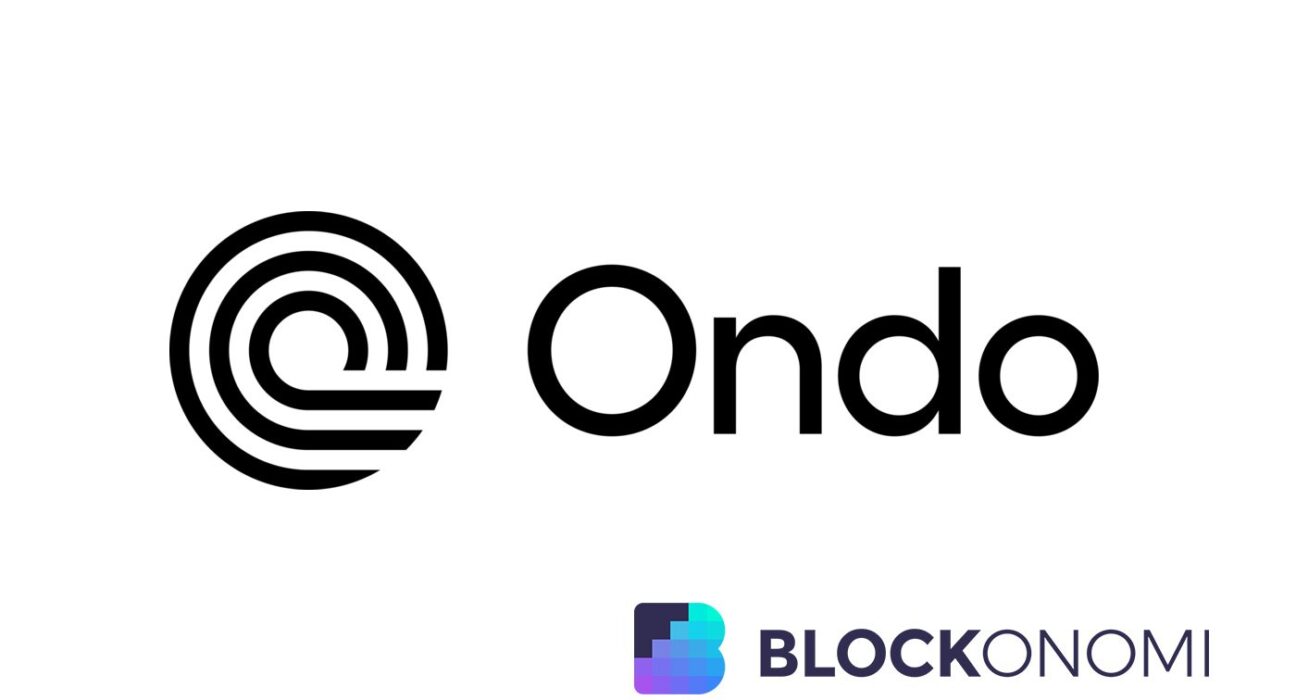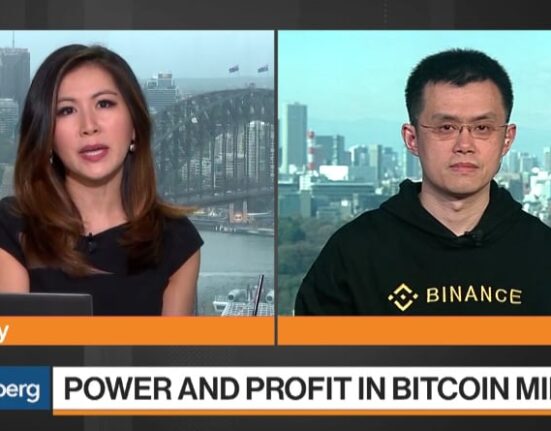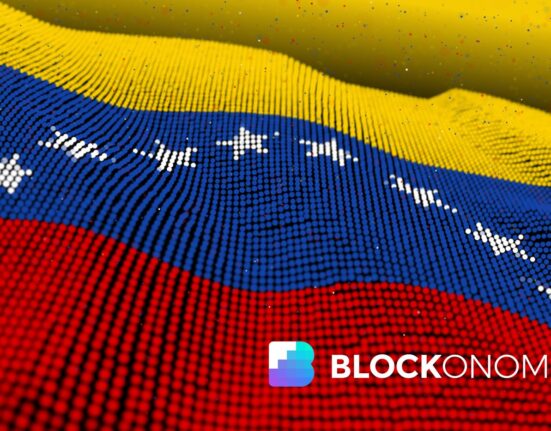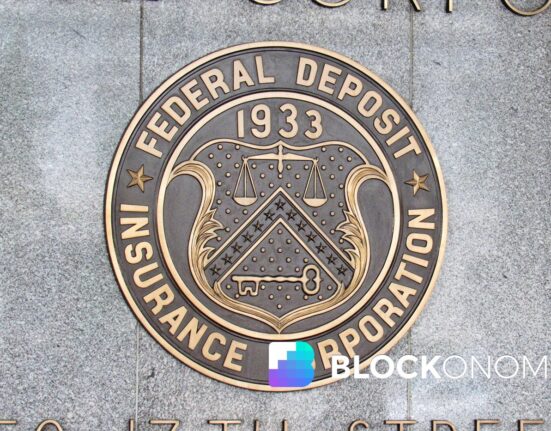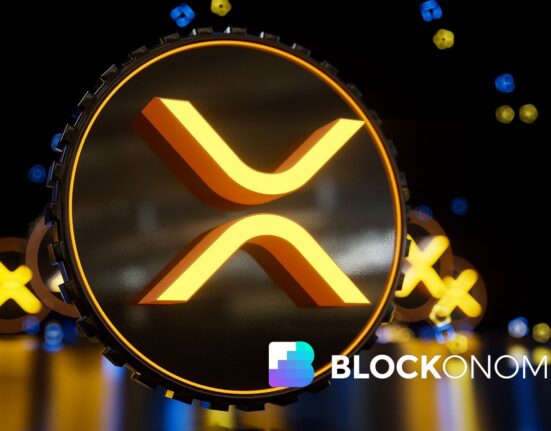[ad_1]
TLDR:
- Ondo Finance urges SEC to delay Nasdaq’s tokenized trading rule until DTC reveals settlement framework.
- The firm warns hidden details on tokenized clearing could give unfair market advantages to incumbents.
- Nasdaq’s plan depends on DTC systems that remain undisclosed, raising competition and access concerns.
- Ondo says the proposal fails to meet Exchange Act standards without public DTC information.
Nasdaq’s plan to let investors trade tokenized securities has hit resistance. Ondo Finance, a key player in real-world asset tokenization, has urged the U.S. Securities and Exchange Commission (SEC) to slow things down.
The company says the proposal lacks vital details about how the Depository Trust Company (DTC) will handle settlement for tokenized assets. Without that transparency, Ondo argues, neither regulators nor market participants can evaluate how the new system would actually work.
According to Ondo’s open letter to the SEC, Nasdaq’s filing relies on assumptions about DTC’s process rather than verifiable facts. The firm warned that such limited information risks giving certain institutions early insight, leaving smaller market participants at a disadvantage.
Nasdaq’s Tokenized Securities Plan Faces Questions
In its letter, Ondo Finance stated that Nasdaq’s proposal, filed as “SR-NASDAQ-2025-072,” seeks to amend its rules to trade securities in tokenized form.
The plan would only take effect once DTC establishes the infrastructure for tokenized settlements. However, Ondo said there’s no public record showing what that system will look like or how it will operate.
Ondo noted that Nasdaq’s understanding of DTC’s tokenization efforts was described as a “preliminary sense” rather than confirmed data. The company said this uncertainty prevents meaningful public comment. It urged the SEC to require DTC to disclose more before approving the rule.
The firm also pointed out that Nasdaq itself admitted the proposal might need adjustments depending on how DTC’s systems evolve.
Ondo said this means there’s no harm in delaying approval until those details are clear. The company believes transparency is essential before any regulatory decision can be made.
Ondo Warns of Competitive Barriers
Beyond missing data, Ondo raised concerns about competition.
The firm said Nasdaq’s access to early DTC information could create an uneven playing field. This, it argued, would make it harder for newer firms to compete with established exchanges and financial institutions.
Ondo added that this information gap could lead to higher costs and discourage innovation in blockchain-based finance. The firm emphasized that tokenization should advance through open collaboration and clear standards, not selective access.
According to Ondo’s head of global regulatory affairs, Peter Curley, the SEC should either push for DTC transparency or open proceedings to review Nasdaq’s filing for possible disapproval.
What Comes Next for Tokenized Markets
Ondo’s position doesn’t reject tokenization itself. The company said it supports efforts to modernize finance but insists those changes must be built on fair access to information. It also signaled willingness to back Nasdaq’s proposal once DTC’s settlement details are made public.
As tokenization gains traction, the debate underscores growing tensions between traditional market structures and blockchain-driven innovation. For now, the SEC’s next move could decide how and when tokenized securities start trading on regulated U.S. exchanges.
[ad_2]
Source link


